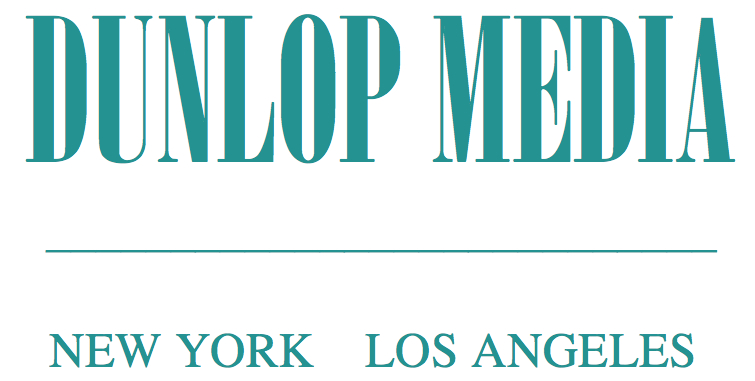Fake news isn’t a disease, it’s a symptom. The real diagnosis starts between your ears
Media commentary by Steve Dunlop
Listen to podcast version here
Satirist Jonathan Swift (1667-1745), from a portrait in the National Gallery, London, by Francis Bindon (died 1770) [Public domain], via Wikimedia Commons.
“Falsehood flies,” wrote the Anglo-Irish essayist Jonathan Swift, “and the truth comes limping after it.” Swift, whose specialty was satire, made that powerful observation way back in 1710. Were he alive today, Swift would be thoroughly amused by our blithe assumption that the phenomenon we call “fake news” is somehow new.
In recent months, we’ve heard of all kinds of technological fixes for fake news. There are moves afoot to delete it before it shows up on our news feeds, and to filter it out before it hits our Facebook accounts.
But these well-intentioned innovations miss the mark. What’s urgently needed is a strategy for separating reality from fakery in that ultimate inbox: the human brain.
We used to have that, back in the day, when our brains were just about all we had. But in the 21st century, when knowledge of all kinds seems to be just a few search terms away, critical thinking – an evidence based, analytical and open-minded thought process that was once the principal purpose of an education - is on life support around the world.
Some would blame the rise of today’s toxic political culture for the decline of critical thinking. I believe it’s the other way around.
When I was a high school senior, I was fortunate enough to take an elective in critical thinking. “This course will impact you for the rest of your life,” said my teacher, Mr. Valenti, with a sincere smile to complement his hipster beard and without a hint of Swiftian irony. And he was right.
Contrary to popular belief, I learned that critical thinking is not just shooting holes in someone else’s ideas. True critical thinking leaves the realm of opinion, and looks behind fundamental facts that we all take for granted.
I learned about syllogisms and the nature of formal logic. I learned about the difference between deductive and inductive reasoning. And I first encountered the term “metaphysics,” which sounds arcane and elitist, but which in fact describes the hidden reality that undergirds all of what actually is.
Without a metaphysics grounded in the innate capacity of human reason to grasp reality, we could make no sense of the world. Our surroundings are unintelligible unless we can absorb and accurately interpret sensory data.
There is a reason these concepts were once givens in higher education. If our senses are not reliable in a factual empirical sense, there goes math. There goes language and a common vocabulary. There goes science.
And if you define journalism as a search for truth as opposed to fiction, there goes journalism, too. Not to mention any serious, grounded objections to fake news.
But we have slowly abandoned these ideas, first in education, and now as a culture. And to our chagrin, we are learning that the relativism that followed - hey, I don’t care what you say, that news isn’t fake to me! – has led only to a descent into what New York Times columnist David Brooks called “a free-form demolition derby of moral confrontation...the furious intensity at every town-hall meeting on every subject.”
This should not surprise us. Everyone is convinced that they are objectively correct, precisely because we have allowed ourselves to become ignorant on what objective correctness really is.
I recently spent the better part of a week training two separate groups of scientists. Their missions were different, but both teams were struggling to explain the reams of data in front of them in terms the public would understand. Without reason, their data would just be symbols and numbers - inaccessible, as all symbols and numbers are, until our brains receive, decode and evaluate them.
This is not a mere parlor debate. PayScale and Future Workplace recently reported that only half of all hiring managers consider recent college graduates to be ready for the workplace. Their biggest flaw? Some 60 percent of employers say new grads are bereft of critical thinking skills.
I built on my critical thinking class in high school with a college course in epistemology, which is the study of what separates truth from opinion. Don’t know and can’t know? Sorry, my friend - that sounds like a cop-out.
Critical thinking, formal logic, epistemology and metaphysics were once required building blocks across much of academia. It should be little wonder that in sidelining these disciplines of understanding, we’ve forgotten how to think.
Restoring them to their previous place of honor will eventually go a long way toward healing the rifts in society, let alone minimizing the scourge of fake news. And Jonathan Swift’s limping truth just might throw its crutches away.


![Satirist Jonathan Swift (1667-1745), from a portrait in the National Gallery, London, by Francis Bindon (died 1770) [Public domain], via Wikimedia Commons.](https://images.squarespace-cdn.com/content/v1/509edb5fe4b039333cb45129/1510407447952-G6JVQH4YV016P5NPSE7W/jonathan+swift+horizontal+gc+5.jpg)
